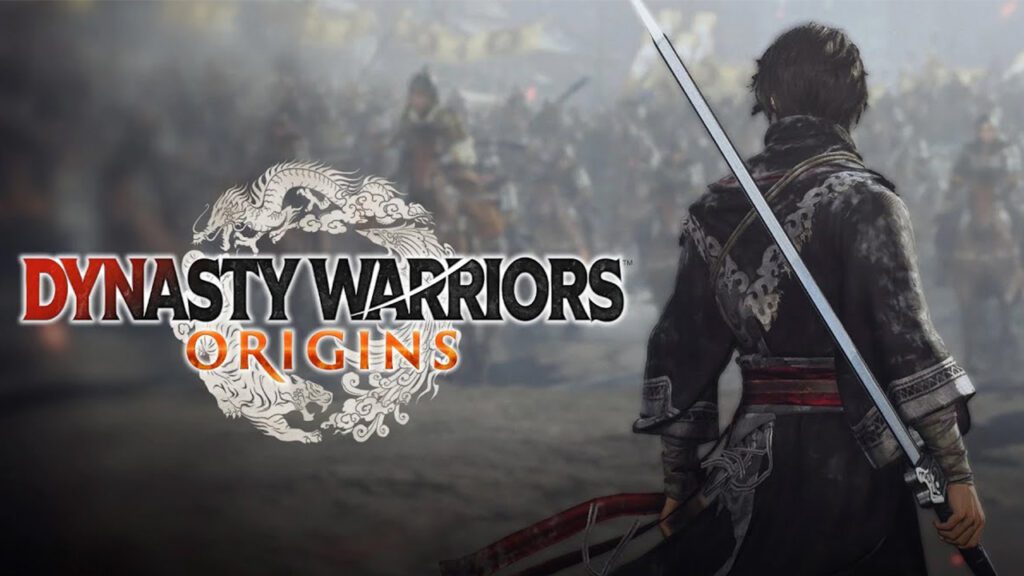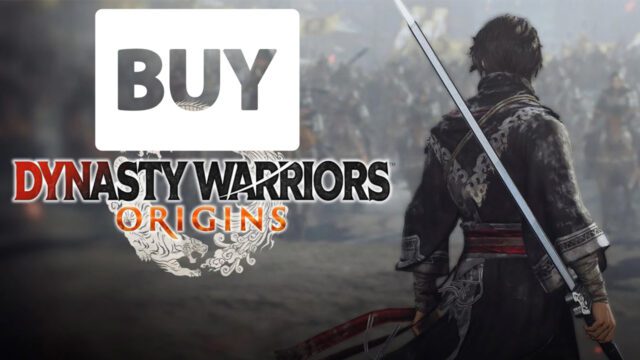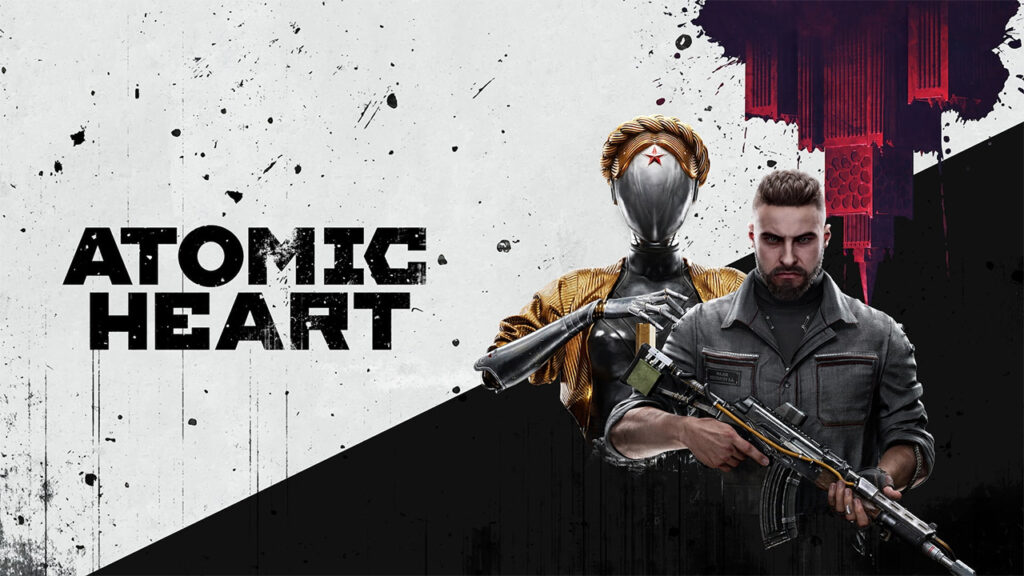There is a lot to like about Dynasty Warriors: Origins, and if you are a fan of the series, there really shouldn’t be any excuse holding you back. Just like the name states, it is a reboot of the series. It brings the Dynasty Warriors into the Three Kingdom era to create an origin story. The nameless protagonist of the story acts as a catalyst for new players coming to the series. Whether you are a fan of the series or playing the game for the first time, there is something new to experience throughout. The idea of one versus many is as promising as ever, even if it looks less chaotic.
Taking charge of a team and then attacking with full force is when the game is at its best. It gives you the ability to not only defeat enemies yourself but with allies as well. The way it handles team-based combat can be questionable at times, but it does not lose sight of what is important. The combat and bond system breathes new life into the Dynasty Warriors formula and changes it for the better. The combat can be repeatable, but it does not lose sight of what the series is known for. All this makes you wonder, is Dynasty Warriors: Origins worth it? Let’s find out.
Premise (Spoiler free)
Dynasty Warriors: Origins takes place during the beginning of the Three Kingdom era. The Yellow Turban uprising is in the beginning phase, and the Han dynasty is falling apart. This time, the experience is more story-driven and personal compared to the previous games in the series. It means that it can feel like a JRPG from time to time. Branching narrative and the bond your character shares with others act as core mechanics. The experience might still feel like it’s in the beginning phase, but it is better than previous games in the series, such as Dynasty Warriors 9.
It gives you space and presents good character moments. There is no compromise on the difficulty just to make it better for the new players. There is a challenge to be had, whether you are a veteran of the series or a new player. Just don’t expect a souls-like experience or something close to it.
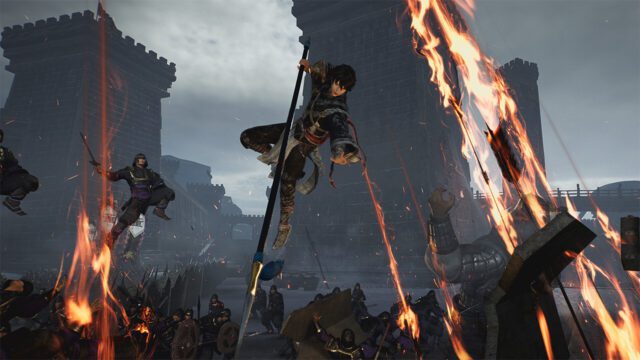
The Protagonist
The narrative of the games can only be experienced through the nameless protagonist. It is a protagonist that can neither be customized nor created by the players, even cosmetic-wise. There was an opportunity for the developers to do so, but they chose not to. But there is an option to wield nine different types of weapons with each having unique combos. The skill tree does give the player the choice to customize their playstyle. You can become a tank, DPS, hybrid, or even something else.
Each weapon feels noticeably different than the other. You can also change builds and weapons in the middle of battle if a certain build is not working against enemies. Even with all these options, the lack of different hero usage like the previous games can still be felt.
However, Dynasty Warriors: Origins does give you the option to bond with 9 historical officers. You can partner with them in certain battles, but your control over them is quite limited. These officers have different attacks, which are usually light. There is also a swap gauge, and when that fills up, you can control them and use a unique attack once the control phase gets to the end.
These heroes make a huge impact on the battlefield since their attacks do twice the damage. Their ultimate attacks can decimate enemies. These hero moments are short and make you yearn for more.
Despite all that, it’s fun to play around as the protagonist, even if you can’t switch characters that much. There might not be tons of officers, but it does have variety.
Bond With Officers
The historical characters of the Three Kingdom era are used decently. The personality and individual storytelling of these characters are done quite well. Such an approach makes it different than other games in the series. You start as a lone officer and then make a relationship with these characters. In the process, their personalities are revealed.
There are moments that can put a smile on your face with most of it being done through bond events. The bond system has some good character moments. There is some fun stuff in these events but there are not many choices to choose from so you just have to roll with it. It is mostly cut scenes that add more details and story to these characters.
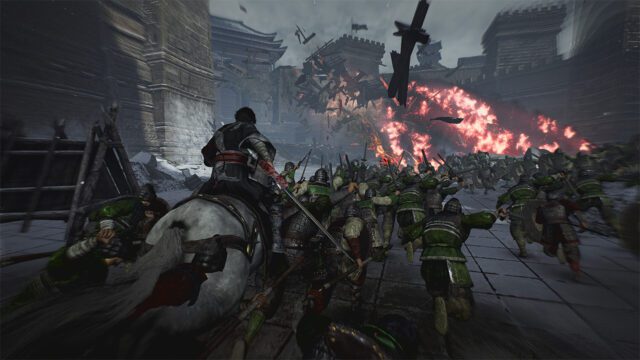
The bond system also ties into gameplay, with characters giving different challenges to the player. Ranking the bond will unlock new challenges that give you rewards. Challenges are small battles that can even be called checklists. They are usually small battles so there is not a lot to it. The decision-based gameplay initiates in one of the earlier chapters, giving you the choice to ally with one of the three kingdoms. Your gameplay experience and story will vary depending on the kingdom you choose.
Even if these stories are not too different, the choice to select one of the three kingdoms is still a good one. The bond system with the leader of these kingdoms is done so well, making it difficult to choose a side. It also gives Dynasty Warriors: Origins replayability value. One route could take 20 hours, and completing all three routes increases it threefold.
World of Dynasty Warriors: Origins
Unlike the previous Dynasty Warriors, Dynasty Warriors: Origins is not set in an open world, and it is good that it does not do that. Battle takes place in a compact section, enabling you to go to the main story battles, challenges, bond events, skirmishes, and towns where you can buy stuff, sell stuff, and rest. In certain parts, the game requires difficulty grinding. Despite the repeatability of combat, it does not get boring, which makes the difficulty grind more digestible.
There is not much exploration in Dynasty Warriors: Origins. Sure, there are points to collect and materials to get, which can be used to strengthen bonds and upgrade weapons, but that is as far as the exploration in the game goes. It is mostly about objectives, such as Go there, do that. Using the cursor in the map menu can feel tedious, so it could have been done better. Character menus and battle tabs are done well, and instant fast travel can be a lifesaver.
Story battles are the main activity of the game and there is a lot to like whether you are a fan of the series or a newcomer. At its core, it is one versus a thousand game just like previous games from the series along with some additions that make it better.
Controlling The Squad
Even though the ability to control a small group of soldiers unlocks later in the game their charm remains the same. More could have been done with the squad. Commands such as charges are useful but don’t cater to one of the biggest problems, response to fights in intense combat sequences. When you are responding to a desperate situation of a teammate and you don’t respond to it then it can result in defeat.
Most of the time, you will be moving around the battlefield, saving different officers from death. Careful placement of troops can help ease up the situation, but it is usually possible if you have prior experience with that particular battlefield. Running to different characters feels more like busy work and less like battlefield tactics. A remote aid command could have made things a lot better. All you have are the local commands that have to be used at a moment’s notice.
Horse is another thing that gets unlocked pretty late in Dynasty Warriors: Origins. The upgrades and mobility that the horse offers can feel like a fresh gust of wind.
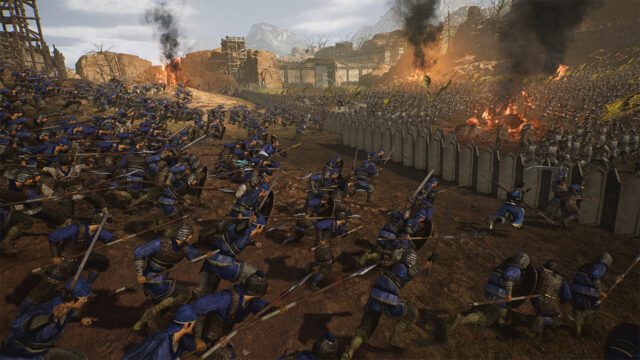
Battles
Checkpoints are also a bit off. You can recreate a battle after losing. Recreation helps give you first-hand information about the combat situation.
It means that you can restart the battle from specific checkpoints. It sounds good, but most of the time, these checkpoints get overridden. The thing is that the checkpoint might start from a bad position, which can result in you having a losing hand. Defeating commanders or going to bases can reset the checkpoint to a new position in Dynasty Warriors: Origins. It can even make the restarting of a battle a more desirable choice. The checkpoint system would have been better if you were not bound by the desperate fights that pop up from time to time.
One of the reasons for intense scenarios is the mobs of soldiers surrounding your character. Unlike previous games, you can’t just ravage through enemies. You can take out a group of enemies with different strikes, and your allies will assist you with different moves. The mob surrounding you can be dangerous, but they can be dealt with due to their inability to interrupt you during combos.
Verdict
Dynasty Warriors: Origins is an interesting take on the series, even if its battles can feel repetitive at times, despite not being as chaotic as previous games in the series. The teamwork that the game places emphasis on is great, even if there is some irritating stuff here and there. The major attacks that you launch as a team can be especially interesting. Attacking a large group of enemies that are ready for combat with full force feels good. Attacks during combat make the game reach the peak of being a Dynasty Warriors game.
There are more enemies on the screen than we have seen in the series so far. It provides one of the best experiences in the series. The portrayal of character makes it a welcoming experience for players who are thinking of jumping in for the first time. Dynasty Warriors is always been about one against a thousand, and this new entry does not lose sight of that. Even if it is less chaotic, the experience it presents does not lag behind.
Buy from Our Affiliates and Support The Looter Shooters By Clicking on The Image Below
Trailer:

